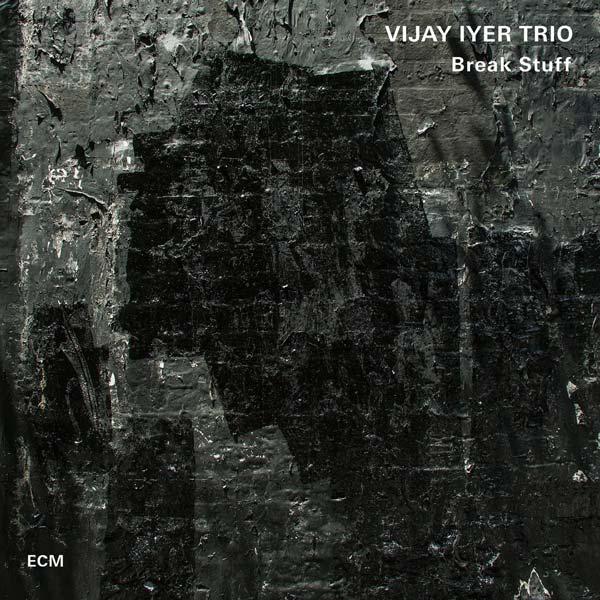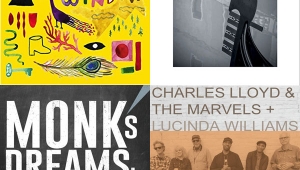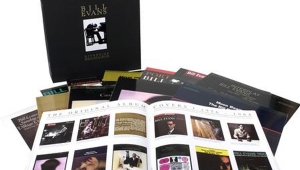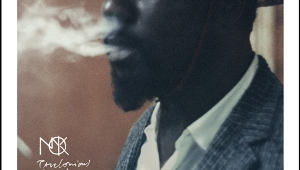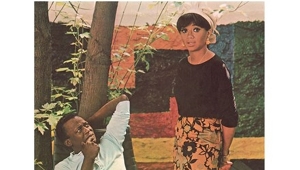| Columns Retired Columns & Blogs |
I've been a fan of Iyer for a long time. I noticed a departure between his live / composing work and his catalog several years ago. This disconnect snapped back into focus with his last album, his first with Eicher, Mutations. Vijay is excellent. He's also been heavily influenced by Monk. He's forging his own path as he becomes more mature musically. His latest work has been sparse, minimal, electronic, and non-linear.
